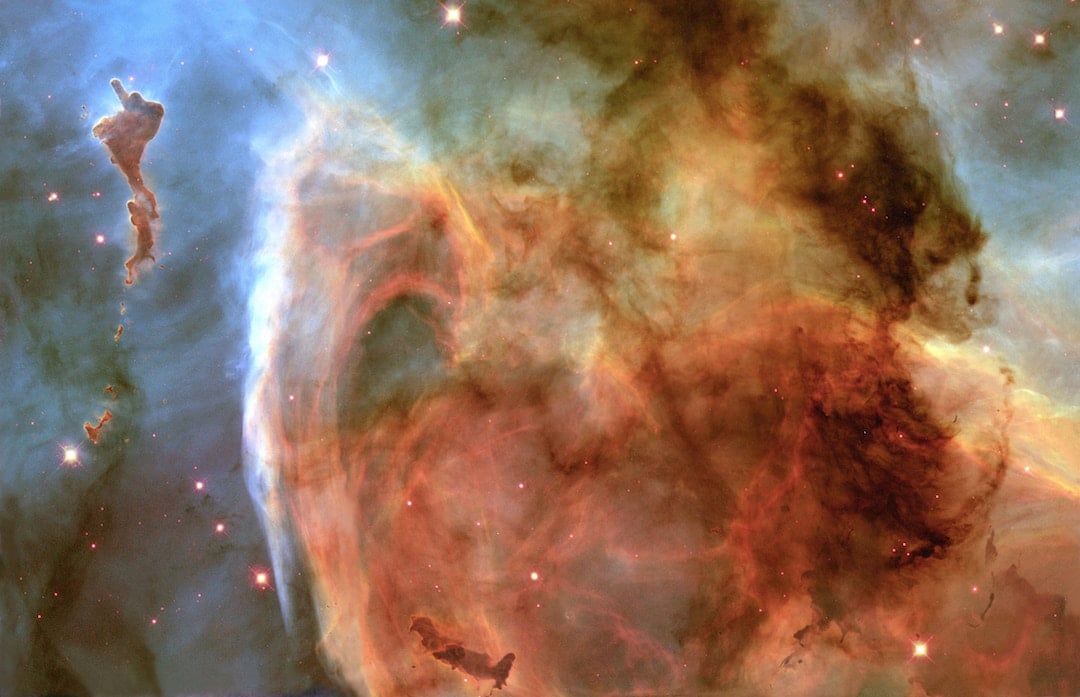Author
Keith Merrill I United States
Time is the only component of the natural world that competes with the vastness of our cosmos in the ability to inspire awe and befuddlement. We struggle to grasp it. Its relentless march surprises and confounds us. Its trickery exposes our innate hubris. And, in the end, it humbles us. Time is the ultimate overseer. We see mere snapshots. It sees everything. The expanse of time is virtually unknowable. The human race is still struggling to come up with a universal definition of Time. How can we define something that we cannot even fully comprehend?
The Expanse of Time – How Big is It?
Most cosmologists agree that the universe is ~13.8 billion years old. How big is 13.8 billion? If broken down into individual buckets of time, with each bucket containing 1 million years, you would end up with 13,800 buckets. The age of our planet—at ~4.5 billion years—makes it a relative youngster within the grand scheme of cosmic time.
A human fortunate enough to live to the advanced age of 100 will have experienced 0.000000007% of those 13.8 billion years. The epitome of infinitesimal. The further it is sliced the harder it is to grasp…..
13.8 billion years = 138,000 millennium = 166 billion months = 700 billion weeks = 5 trillion days. OK, enough already!
There is also the vexing question of time’s origin. Did time exist prior to the birth of our universe? Want to give yourself a headache? Try to sort that one out without having to call Stephen Hawking.

Our Perception and Treatment of Time
Humans are very curious creatures. We obsess about the mundane while ignoring the extraordinary. We are thankful for the trivial but cavalier about the essential. For most of our lives our treatment of time is flippant and wasteful. Like the air we breathe and the water we drink we blindly assume that our allotment is unlimited. And, as is often the case, wisdom and perspective do not alight upon our oblivious heads until either advanced age or disaster have befallen us. Perspective is not easily gained nor easily retained.
Time is indeed expansive. Within the human experience it is also slippery, elastic and compressible. When we ache for it to speed up, it slows down. When we wish for stillness it instead becomes a blur. Our concept of time is fundamentally restricted by our limited experience of it. We can marvel at the enormity of it while still bemoaning our meager allotment of it.
The old phrase “time stands still for no man” is almost too benign. Not only does time ignore us, it seems to take some sinister delight in our inability to fully respect it.
The last laugh is, has always been, and will always be, on us.






